In this comprehensive guide, we’ll explore the intricacies of Pay-Per-Click (PPC) advertising on Google, delving into the factors that influence the ranking of paid ads and how to optimize your campaigns to achieve better results. We’ll also examine the relationship between PPC and Search Engine Optimization (SEO), and discuss strategies to leverage PPC to boost your organic rankings on Google.
Key Takeaways
- Understand the Google Ads auction system and how it determines the ranking of paid ads
- Discover the key factors that affect the ranking of your Google Ads
- Explore the relationship between PPC and SEO, and how they can work together to improve your overall online presence
- Learn best practices for optimizing your PPC campaigns to improve your ad rank and drive better results
How does PPC work on Google?
At the heart of Google’s PPC ecosystem is the Google Ads auction system. This complex algorithm determines the placement and visibility of your paid ads on the search engine results pages (SERPs). The auction system takes into account a variety of factors, including your bid amount, the quality of your ad and landing page, and the relevance of your ad to the user’s search query.
Understanding the Google Ads Auction System
The Google Ads auction is a real-time bidding process where advertisers compete for ad placements on the SERP. When a user performs a search on Google, the auction system evaluates all the eligible ads and determines the ad placements based on a combination of factors. The key elements of the Google Ads auction system include:
- Bid Amount: The maximum amount you’re willing to pay for a click on your ad.
- Ad Quality Score: A metric that reflects the relevance, expected clickthrough rate, and landing page experience of your ad.
- Ad Rank: A calculation that combines your bid amount and Ad Quality Score to determine your ad’s position on the SERP.
- The ad with the highest Ad Rank will typically be displayed in the top position, with subsequent ads appearing in descending order based on their Ad Rank.
Factors that Affect the Ranking of Paid Ads on Google
Now that we’ve explored the basics of the Google Ads auction system, let’s dive deeper into the key factors that can influence the ranking of your paid ads:
- Bid Amount: As mentioned earlier, your bid amount is a crucial factor in determining your ad’s position. Increasing your bid can help improve your ad’s visibility, but it’s important to find the right balance between bid and return on investment (ROI).
- Ad Quality Score: Google’s Ad Quality Score is a metric that reflects the overall quality and relevance of your ad and landing page. Factors like ad relevance, expected clickthrough rate, and landing page experience all contribute to your Quality Score.
- Keyword Relevance: The relevance of your targeted keywords to the user’s search query is a key factor in determining ad rank. Ensuring your keywords are closely aligned with the user’s intent can significantly improve your ad’s performance.
- Landing Page Experience: The quality and user-friendliness of your landing page play a significant role in your ad’s ranking. Google wants to ensure that users who click on your ad are directed to a relevant, informative, and engaging landing page.
- Account History and Performance: Google also considers the historical performance of your Google Ads account, including metrics like click through rate, conversion rate, and account health, when determining ad rank.
By understanding and optimizing these factors, you can improve the ranking of your paid ads on Google and drive better results for your PPC campaigns.
Does PPC Increase SEO Ranking? Exploring the Relationship between PPC and SEO
One of the common questions we receive from our clients is whether investing in PPC can also improve their organic search engine optimization (SEO) rankings. The relationship between PPC and SEO is a complex one, but there are certainly ways in which the two can work together to enhance your overall online presence.
How PPC Can Influence SEO Ranking?
While PPC and SEO are distinct marketing strategies, they can have a synergistic effect on each other. Here are a few ways in which PPC can potentially influence your SEO rankings:
Keyword Research and Targeting: The data and insights you gain from your PPC campaigns can inform your SEO keyword research and content strategy, helping you identify the most valuable and relevant keywords to target organically.
Increased Brand Visibility: Successful PPC campaigns can increase your brand’s visibility and recognition, which can positively impact your organic rankings as Google recognizes your brand as a trusted and authoritative source.
Improved Website Performance: Optimizing your website and landing pages for a better user experience, as required for high-performing PPC campaigns, can also improve your overall website performance, which is a crucial factor for SEO.
Retargeting and Remarketing: By using PPC for retargeting and remarketing, you can keep your brand top-of-mind with users who have already interacted with your website, which can eventually lead to improved organic visibility and rankings.
However, it’s important to note that while PPC can indirectly influence your SEO rankings, the two strategies should be approached and optimized separately to achieve the best results.
How to Improve Your Rank in Google Ads
Now that we’ve explored the relationship between PPC and SEO, let’s dive into the strategies you can implement to improve your rank in Google Ads and drive better results from your PPC campaigns:
Optimize Your Ad Copy and Messaging: Crafting compelling and relevant ad copy can significantly impact your ad’s clickthrough rate and Quality Score. Focus on highlighting your unique value proposition, addressing the user’s pain points, and using clear calls-to-action.
Improve Your Landing Page Experience: Ensure that your landing pages provide a seamless and engaging user experience. This includes optimizing for mobile, reducing page load times, and ensuring the content is relevant and informative.
Leverage Keyword Targeting and Bidding Strategies: Conduct thorough keyword research to identify the most relevant and high-intent keywords for your business. Additionally, experiment with different bidding strategies, such as target cost-per-acquisition (CPA) or target return on ad spend (ROAS), to optimize your ad performance.
Utilize Ad Extensions: Google Ads offers a variety of ad extensions, such as sitelinks, callouts, and structured snippets, which can enhance the visibility and informativeness of your ads, leading to improved click-through rates and Quality Scores.
Continuously Monitor and Optimize: Regularly analyze the performance of your PPC campaigns, and make data-driven adjustments to your ad copy, targeting, bidding, and landing pages. This iterative process will help you continuously improve your ad rank and drive better results.
How to Rank #1 on Google with PPC
While there’s no magic formula to guarantee the #1 spot on Google, a well-executed PPC strategy can certainly help you climb to the top of the search results. Here are some tips to help you rank #1 on Google with PPC:
Optimize Your Bidding and Targeting: Conduct thorough keyword research, and use advanced bidding strategies, such as target CPA or target ROAS, to ensure you’re reaching the right audience at the optimal cost.
Enhance Your Ad Copy and Creative: Craft compelling and relevant ad copy that speaks directly to your target audience’s pain points and desires. Utilize ad extensions and eye-catching visuals to make your ads stand out.
Improve Your Landing Page Experience: Ensure that your landing pages provide a seamless and engaging user experience, with relevant, high-quality content and a clear call-to-action.
Monitor and Continuously Optimize: Regularly analyze the performance of your PPC campaigns, and make data-driven adjustments to your ad copy, targeting, bidding, and landing pages to continually improve your ad rank and performance.
Leverage Audience Targeting and Remarketing: Use advanced audience targeting and remarketing strategies to reach your most valuable and engaged users, further improving your chances of ranking at the top of the SERP.
Remember, achieving the #1 spot on Google is a constant and evolving process, but by consistently implementing these strategies and optimizing your PPC campaigns, you can significantly improve your chances of reaching the top of the search results.
Conclusion
Remember, the key to success in PPC lies in continuous optimization, data-driven decision-making, and a deep understanding of your target audience and their search intent. By implementing these best practices, you can unlock the full potential of Google Ads and position your business for long-term growth and success.
For everything digital marketing, including expert guidance on optimizing your PPC campaigns and boosting your organic rankings, visit Seo2topp. Our team of experts is dedicated to helping businesses like yours achieve their online marketing goals.




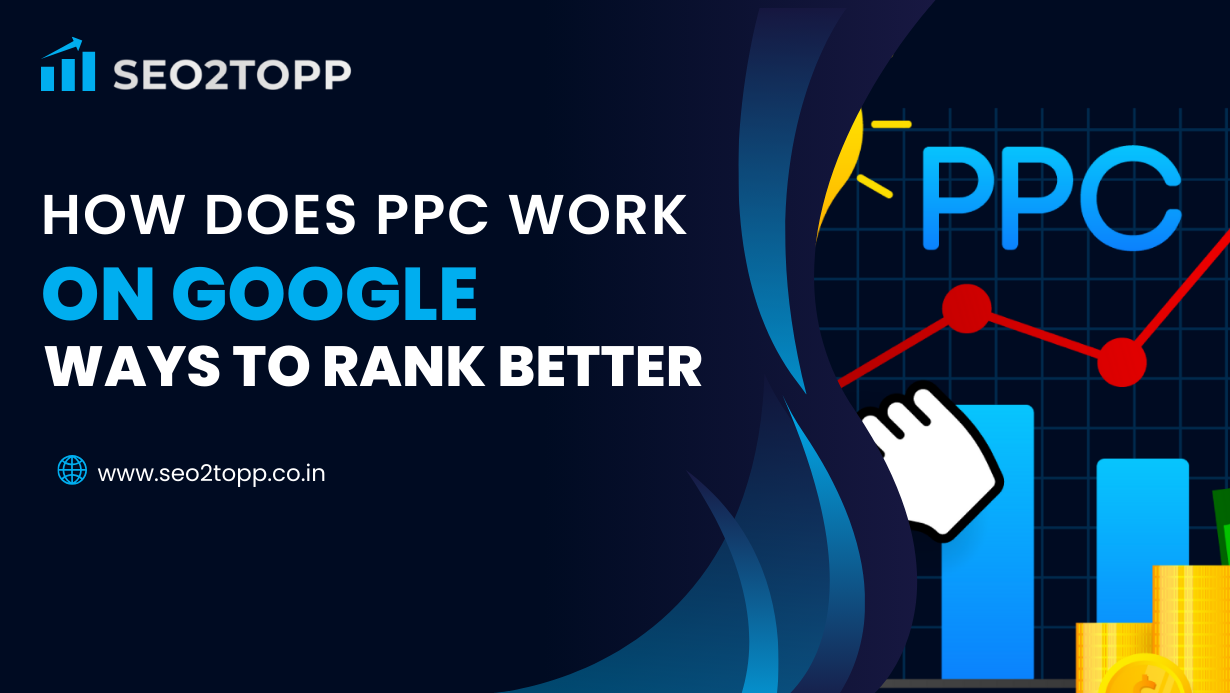


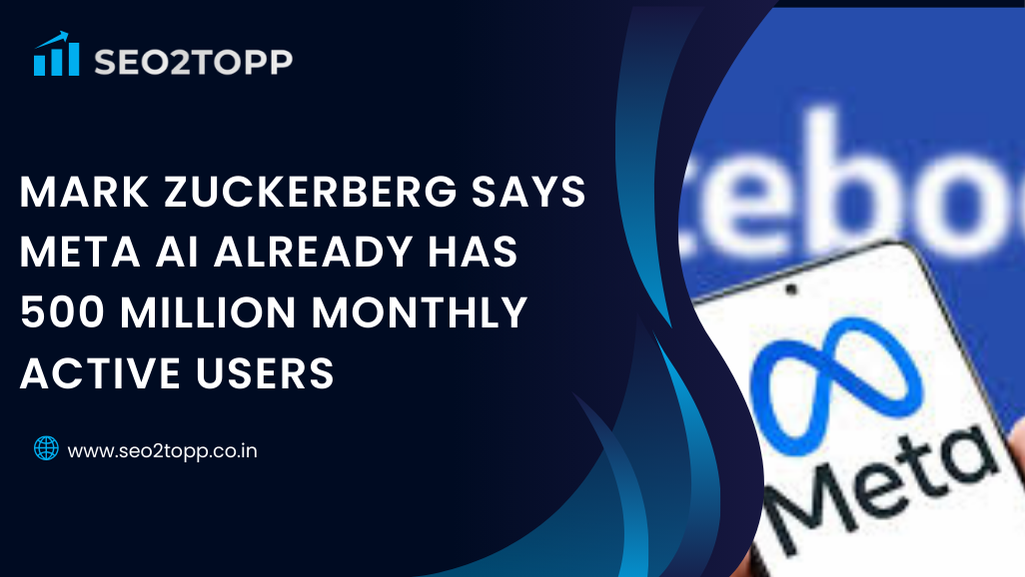
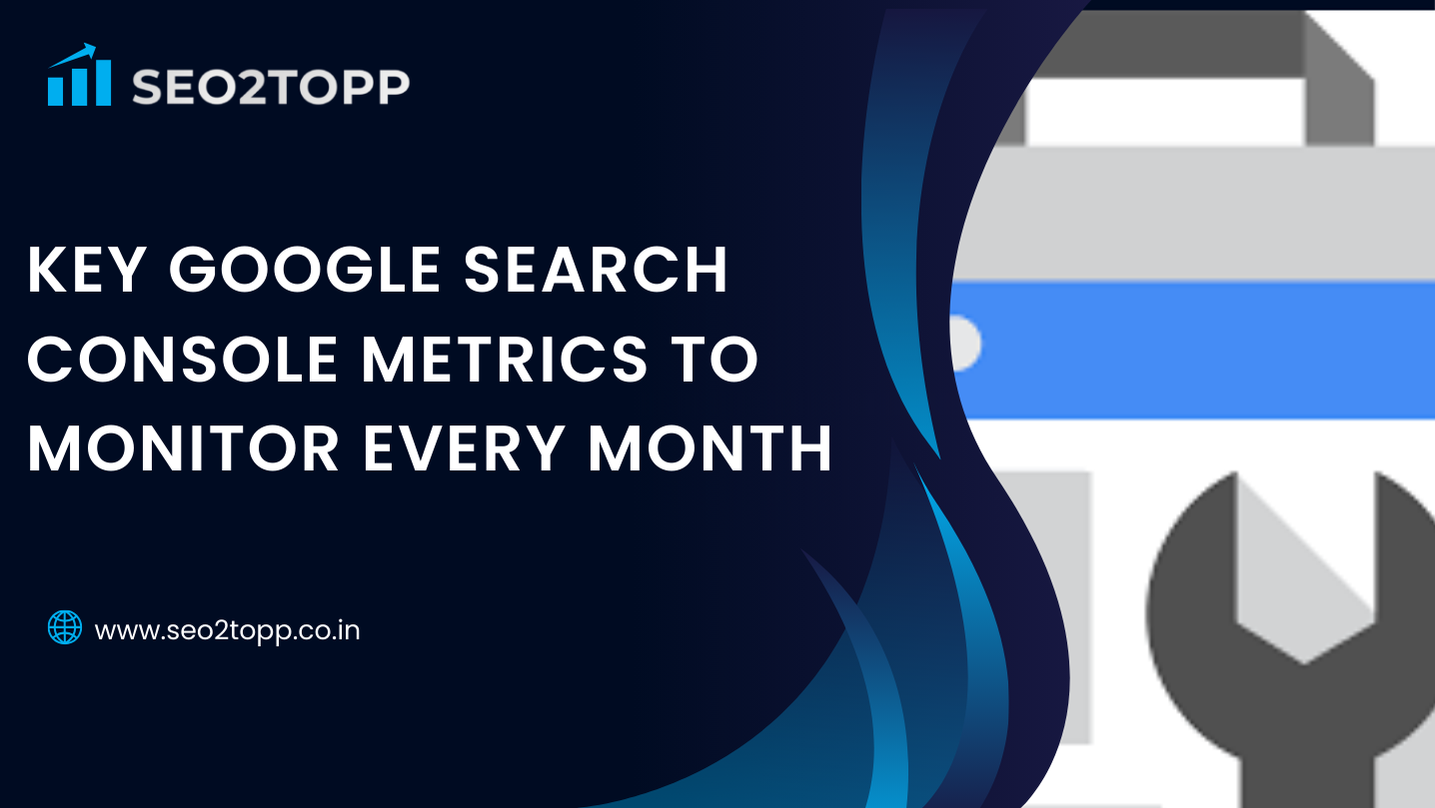
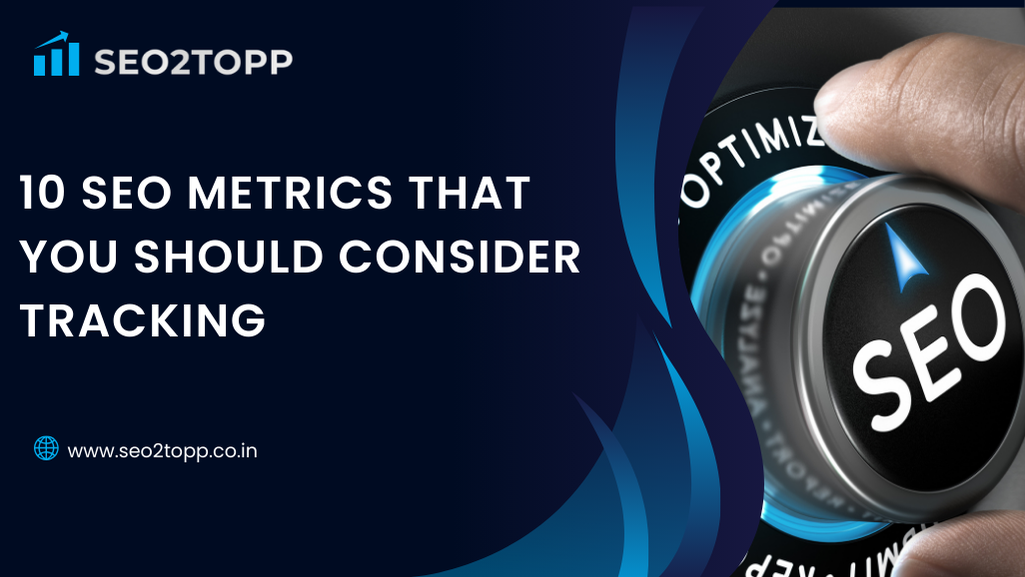
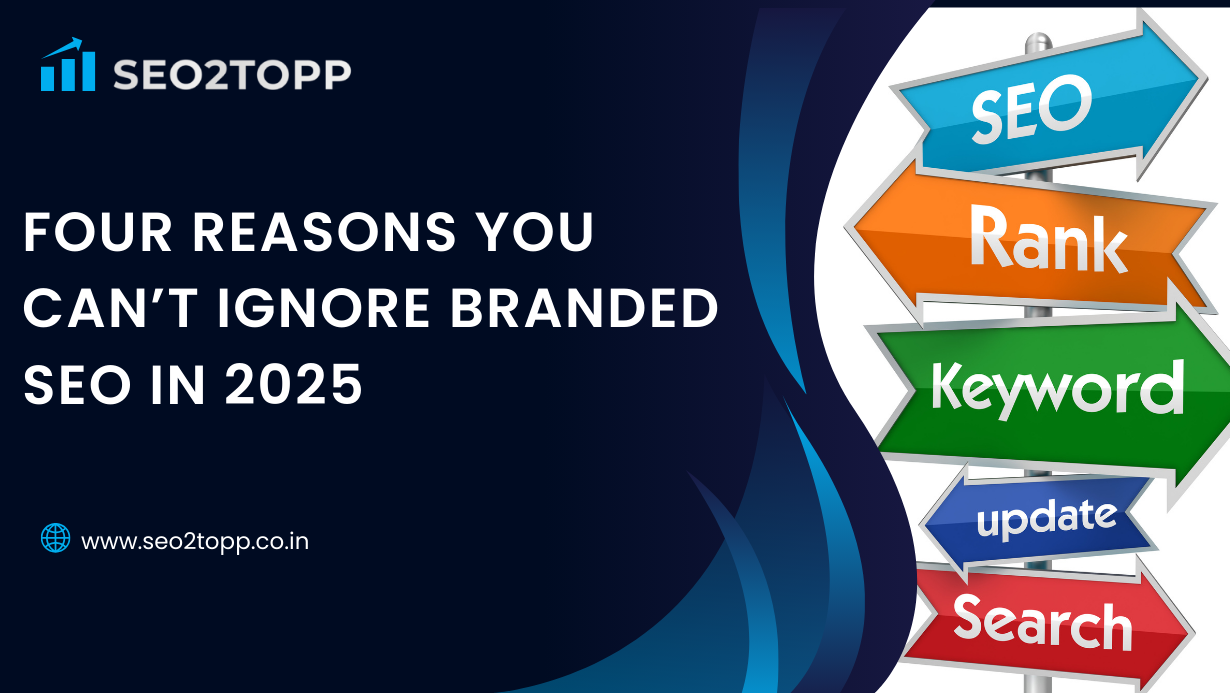
Leave a Reply